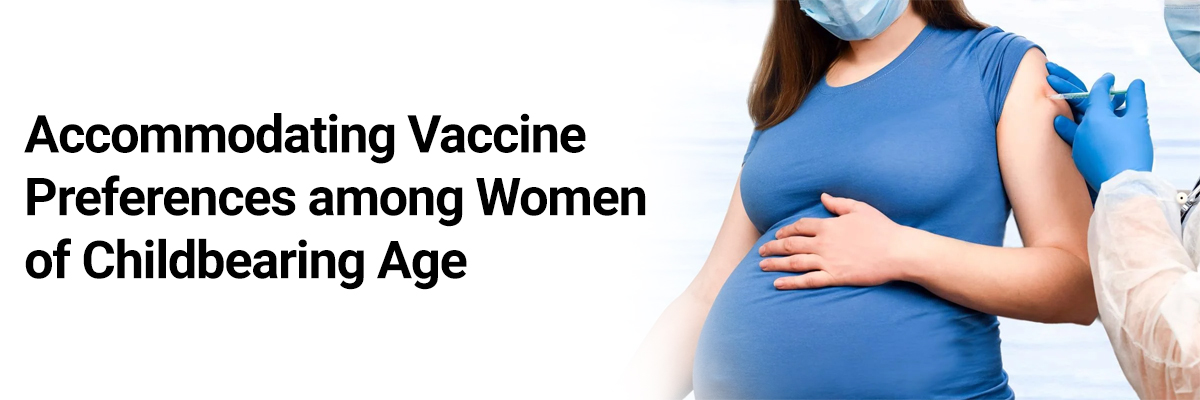
 IJCP Editorial Team
IJCP Editorial Team
Accommodating vaccine preferences among women of childbearing age
Initial trials of the COVID-19 vaccines excluded pregnant persons, which later caused their emergency use authorizations in the United States. Gray et al. demonstrated robust vaccine-induced immune responses among pregnant women following COVID-19 messenger RNA (mRNA) vaccination (Pfizer-BioNTech and Moderna), with placental and breastmilk immune transfer to neonates. Unfortunately, women of childbearing age experienced rare clotting events following Janssen and AstraZeneca COVID-19 vaccination, which dampened their enthusiasm for these vaccines.
Improving vaccine uptake among pregnant women is important as the recent evidence suggests that pregnant women with SARS-CoV-2 infection have a markedly increased risk of adverse maternal and neonatal health outcomes, including 22 times the risk of maternal mortality and twice the risk of both severe neonatal morbidity and perinatal morbidity and mortality than do pregnant women without SARS-CoV-2 infection.
So, it is crucial to tailor education and vaccine deployment efforts to prioritize pregnant persons to mitigate newly recognized maternal and neonatal health risks following SARS-CoV-2 infection. Further, it is also important to respect patients’ right to make voluntary and informed healthcare decisions by providing a choice among the available COVID-19 vaccines.
Czeisler ME, Rajaratnam SMW, Howard ME, Czeisler CA. Accommodating vaccine preferences among women of childbearing age. American Journal of Obstetrics and Gynecology. 2021;225(6):697-699.

IJCP Editorial Team
Comprising seasoned professionals and experts from the medical field, the IJCP editorial team is dedicated to delivering timely and accurate content and thriving to provide attention-grabbing information for the readers. What sets them apart are their diverse expertise, spanning academia, research, and clinical practice, and their dedication to upholding the highest standards of quality and integrity. With a wealth of experience and a commitment to excellence, the IJCP editorial team strives to provide valuable perspectives, the latest trends, and in-depth analyses across various medical domains, all in a way that keeps you interested and engaged.






















Please login to comment on this article